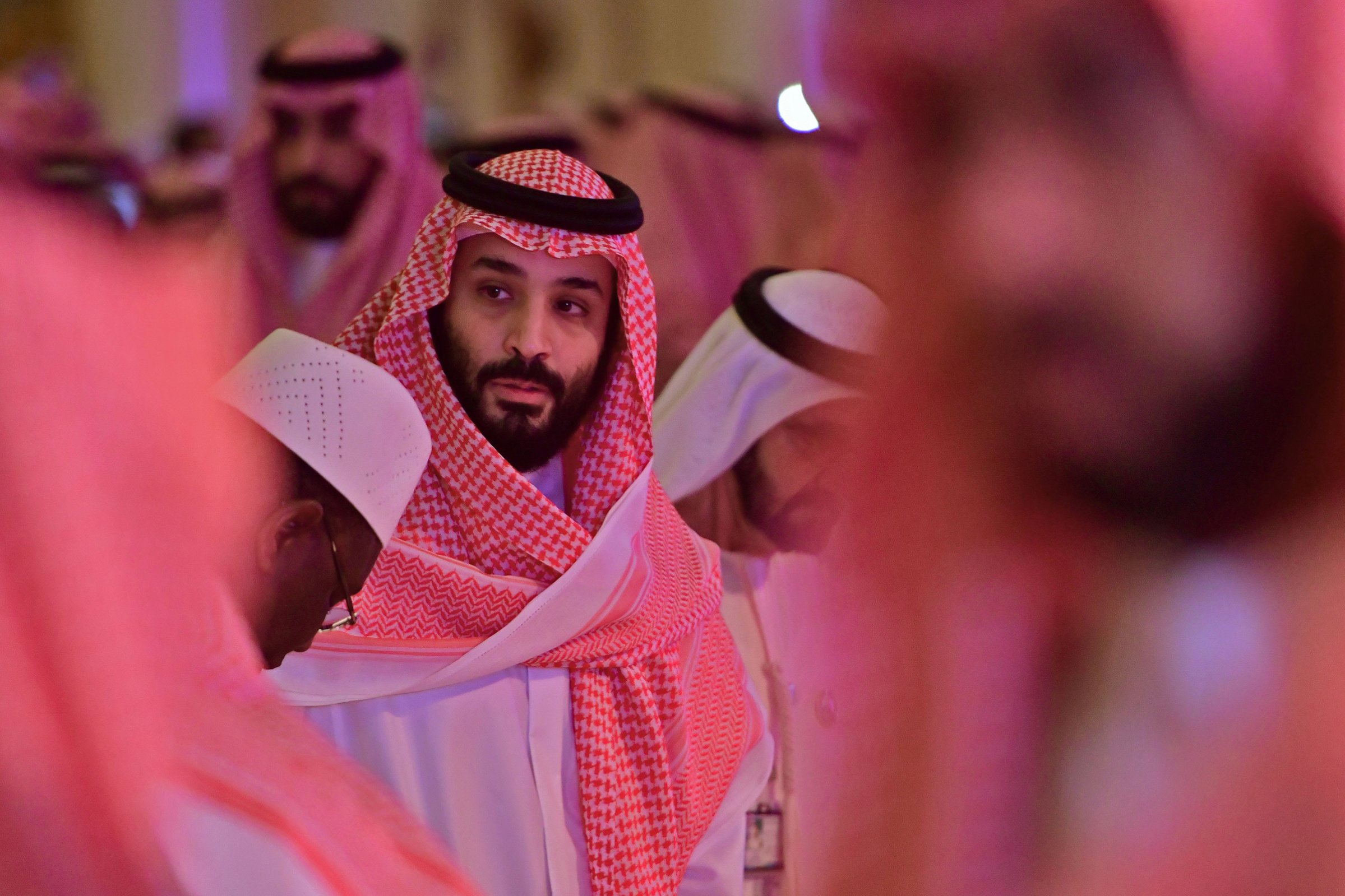
The Saudis may have finally admitted to the “accidental” killing of journalist Jamal Khashoggi, but they still don’t have a coherent explanation that exonerates Crown Prince (and King in waiting) Mohammed bin Salman, known widely as MBS. Few believe Khashoggi could have been killed without his order.
The response from political leaders is stiffening. Turkey’s President Recep Tayyip Erdogan has been noisily picking holes in the Saudi accounts of the killing. German Chancellor Angela Merkel has halted arms trade with the Saudis, while Canada is also considering a freeze. While U.S. President Donald Trump appears to be looking for a way to condemn the killing without blaming MBS or jeopardizing U.S. arms sales to the kingdom, lawmakers of both parties have demanded Saudi answers and a tough U.S. response.
Companies and investors, however, have been more cautious and nuanced in how they respond. Especially interesting has been their approach to MBS’s Future Investment Initiative, a high-profile gathering in Riyadh for those hoping to establish a commercial foothold in the modernizing Saudi kingdom. Khashoggi’s killing cast a chill over the summit and sent reputation-conscious executives scrambling for cover. Media companies were among the first to desert the event, perhaps fearful of being seen to cozy up to a regime that had silenced one of their own.
But by the time the summit began on Oct. 23, executives and investors were taking a more pragmatic approach. The head of Russia’s sovereign wealth fund led a sizable contingent to the event to ensure that losses for those sniffy about human rights would be Moscow’s gain. Financial institutions like Citigroup and JPMorgan–each of which has investments and jobs riding on the kingdom’s success–chose to dispatch junior rather than senior representatives to signal unease with the Khashoggi story while acknowledging that business must continue.
There are good reasons for both politicians and businesses to distance themselves from or censure Riyadh in response to Khashoggi’s killing. If governments don’t impose a significant price on cold-blooded political murder, they’re showing MBS, and other autocrats, that it’s open season for the killing of critics, even on foreign soil. And shareholders are best served when company decisionmakers keep their distance from autocrats who fail to respect international rules in ways that dominate global headlines.
This is not to say foreign investors won’t continue doing business with the kingdom–they certainly will. A lot of companies in the U.S. and elsewhere have already reaped benefits from Saudi Arabia; dollars from the country’s $250 billion Public Investment Fund have helped grow tech startups like Uber, WeWork and Slack. But the reputational risks that had been temporarily swept under the rug with the political rise of a “reformer” like MBS are now back to the forefront. And the mooted transformation of Saudi Arabia from petrostate to cutting-edge modern economy by 2030–always a long shot, even in the best circumstances–has lost critical momentum.
The attendance list at this year’s investor summit will surely say a lot about how Saudi Arabia is weathering the Khashoggi storm. But far more important for Mohammed bin Salman, and his country’s sizable ambitions, will be the success of the summit next year, and the year after that. Time will tell if business in Saudi Arabia can return to usual.
More Must-Reads from TIME
- Why Trump’s Message Worked on Latino Men
- What Trump’s Win Could Mean for Housing
- The 100 Must-Read Books of 2024
- Sleep Doctors Share the 1 Tip That’s Changed Their Lives
- Column: Let’s Bring Back Romance
- What It’s Like to Have Long COVID As a Kid
- FX’s Say Nothing Is the Must-Watch Political Thriller of 2024
- Merle Bombardieri Is Helping People Make the Baby Decision
Contact us at letters@time.com